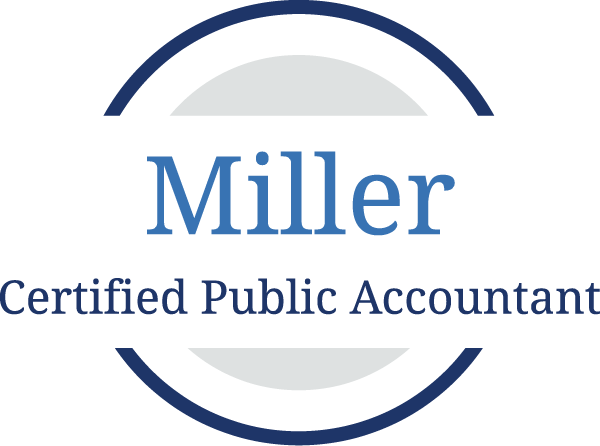Taxpayers who fully own or partially own an S-Corp and work for the corporation have two ways of pulling money out of the corporation. They can take money out as wages which would be compensation, or they can take a distribution from the company. Taxpayers who are involved with these entities, especially ones that are sole owners of their S-Corp and usually the sole employee, need to know the difference.
The difference between these two payment methods is important because of the way they are taxed. For this reason, the IRS is very strict about classifying the income correctly. Whether it’s by accident or intentional the IRS will penalize taxpayers who classify their income incorrectly.
Like all pass-through entities, an S-Corp does not directly pay tax on its earnings. An S-Corp’s earnings are passed to its shareholders through a distribution, also known as a distribution. These payments to the shareholders are then taxed at the shareholder’s income tax rate. This is beneficial because the income is only taxed once.
Employees of S-Corps are paid differently from Shareholders. Just like employees of any company they are paid wages. The wages are deductible to the company, but the company still has to pay employment taxes on them. Then once the employee receives the wages, they have to pay income tax on them.
These two compensation methods create a problem for taxpayers who are both the owner and an employee of an S-Corp. Taking all of their compensation through a distribution would be more advantageous for them from a tax perspective because they would not pay employment taxes. However, the IRS says that they have to be paid reasonable compensation for the work they do.
Reasonable Compensation is hard to define because it is very subjective. Compensation is a payment to an employee in return for the services the employee provides to the corporation. Reasonable meaning what a person of sound judgment who is fair and sensitive would think. Therefore, reasonable compensation is payments for services that an employee provides that a person of sound judgement would think is fair. In practice this would be paying an employee based on what they are doing, how well they are doing it, how many years of experience they have, how much education they have, how hard the task are, etc.
As a shareholder-employee of an S-Corp a taxpayer should be aware of the differences between distributions and reasonable compensation. They should use them both appropriately while trying to maximize their tax savings. If done incorrectly the IRS has the ability to re-classify the income to what is reasonable. Once the IRS does this a taxpayer could be left with an unexpected tax liability. In summary, just be careful, and if you work for an S-Corp you own make sure you pay your self reasonably for the work you do.

